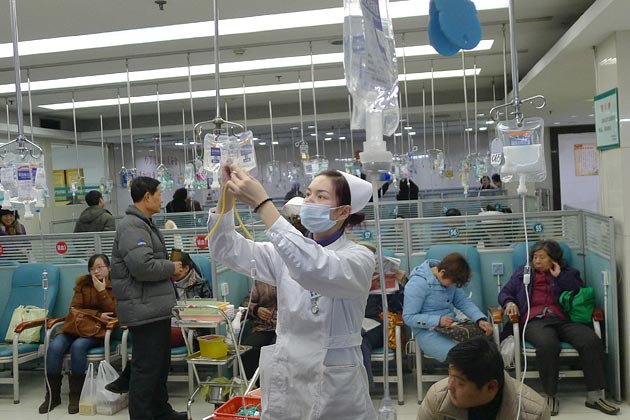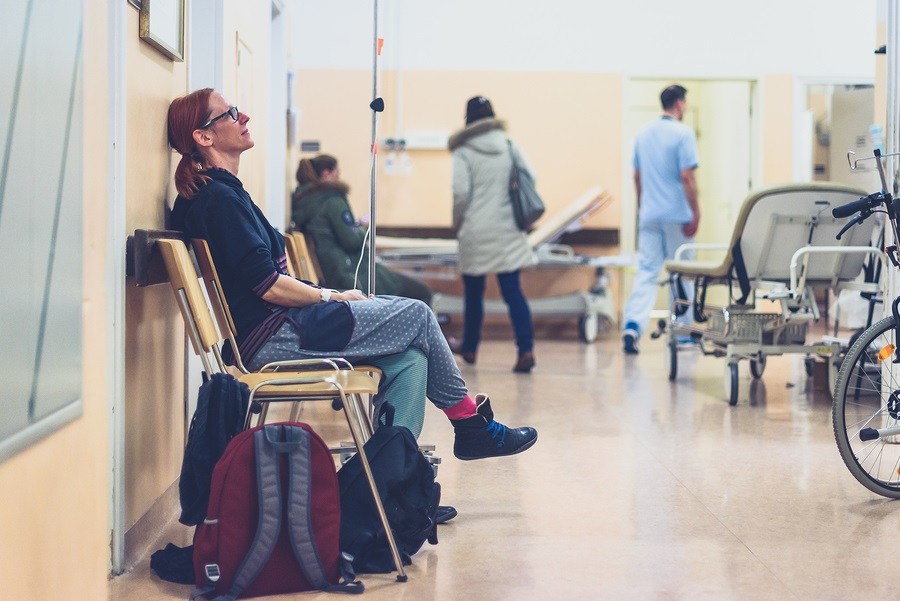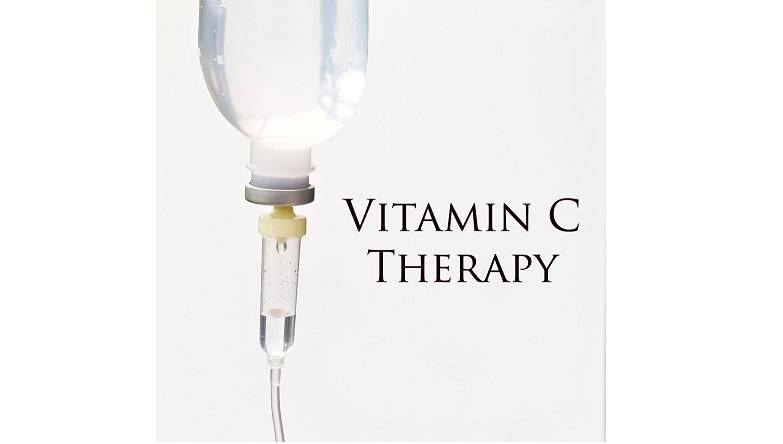China Cures Coronavirus with Vitamin C
I live in China. All across China, not just in Wuhan, but also in other cities that saw pneumonia cases (and note, Chinese medical teams discuss COVID-19 as pneumonia), people are being cured with vitamin C. I am including the details from a public report written in Chinese and published by a medical team Xibei Hospital, affiliated with Jiao Tong University, in the city of Xi’an, Shaanxi province. The teams in China did not choose to administer vitamin C due to mere guesswork. To make the decision, they cited the medical literature and used their knowledge about respiratory diseases and oxidative stress. Dr. Zhi Yong Peng, at the Zhongnan Hospital, at Wuhan University, justified his decision to use vitamin C, noting: "For most viral infections, there is a lack of effective antiviral drugs … Vitamin C, ascorbic acid, has antioxidant properties. Clinical studies have shown that vitamin C can effectively prevent [sepsis and related cytokine storms]. In addition, vitamin C can [protect the lungs]. Vitamin C can effectively shorten the duration of (or even prevent) the common cold. In a controlled … trial, 85% of 252 students experienced a reduction in [cold] symptoms, [after receiving] high-dose vitamin C group (1g per hour for 6 hours, followed by 1g every 8 hours)." This is not a time to accept economic stagnation and the social dislocation that will accompany it. It is not a time to fear that which you cannot see (a virus)—especially given that no medical doctor has ever proven that said viruses cause illness. (I will present more on the virus theory in future articles). Get your Vitamin C, selenium, and zinc, wash your hands to prevent bacterial infection and tell your friends to do the same.






